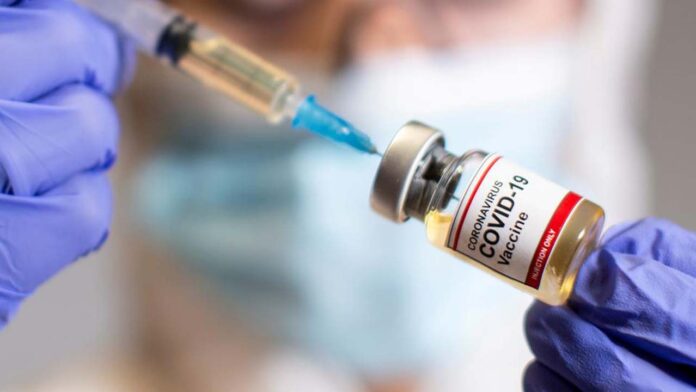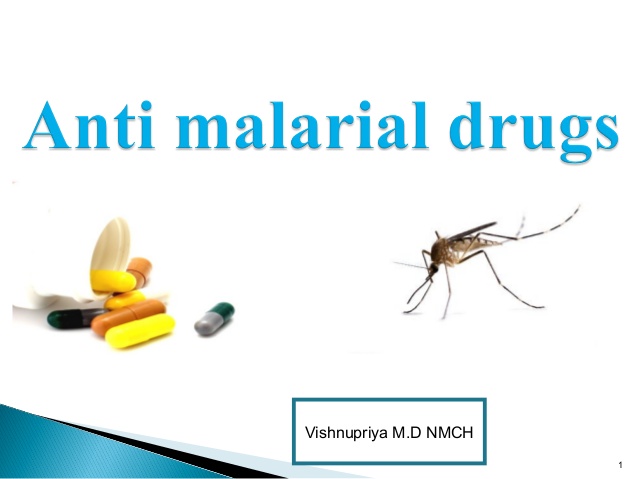Nigeria, Seven Others Begin African-led HIV Vaccine Development
Nigeria, South Africa, Zambia, Zimbabwe, Tanzania, Uganda, Kenya, and Mozambique have begun locally-led HIV vaccine research and development.
This was disclosed at a press briefing in Abuja on Thursday, themed “HIV Vaccine, Innovation, Science, and Technology Acceleration in Africa Project.”
The initiative aims to harness and catalyse African scientists to contribute to the development of an African-led, effective HIV vaccine under the ‘Bringing Innovation to Clinical and Laboratory Research to End HIV in Africa through New Vaccine Technology’ (BRILLIANT) Consortium, led by the Chief Executive Officer and President of the South African Medical Research Council, Cape Town, South Africa, Prof. Glenda Gray.
The World Health Organisation, on Tuesday, named HIV, malaria, tuberculosis, and 14 other pathogens as top priorities for new vaccine development.
According to UNAIDS, an estimated 39.9 million people were living with HIV globally in 2023, with an estimated 1.3 million new infections.
Africa has about 25.9 million (65 per cent) of the global burden, with Nigeria contributing about 1.9 million, making it the fourth-largest HIV burden country globally.
However, to end the HIV epidemic, an effective HIV vaccine is required to be added to the known prevention tools to stop transmission.
The U.S. Agency for International Development awarded more than $45 million to the BRILLIANT consortium through a competitive process to implement a cooperative agreement under the HIV-VISTA project.
The Executive Director of the International Research Centre of Excellence at the Institute of Human Virology Nigeria and Principal Investigator in Nigeria, Prof. Alash’le Abimiku, noted that the objective of the consortium is to evaluate HIV vaccine candidates emerging from the continent.
She said, “Activities supported under the HIV-VISTA project will be implemented exclusively in Sub-Saharan Africa, which is the geographical area in the world with the highest burden of HIV.
“These new project funds will be directly applied in Africa, and substantial in-kind resources are being leveraged. This more powerful collaboration with a greater number of partners and considerable goodwill promises to deliver results while preventing the diversion of funds back to the United States.
“Through these efforts, African institutions will be encouraged to become more autonomous, generate domestic resource support, form partnerships with the private sector, and possibly create a more sustainable system for HIV vaccine R&D, which has, to date, been excessively dependent on the U.S. government.”
Expressing optimism about the project, she emphasised, “This is a true partnership that acknowledges the potential of great innovation and science from Africa to solve global health challenges, especially those that disproportionately devastate the continent.
“We are very thrilled to partner with the government of Nigeria and colleagues from South Africa, Uganda, Kenya, Tanzania, Zimbabwe, Zambia, and Mozambique in this endeavour.”
The Director General of the National Agency for the Control of AIDS, Dr Temitope Ilori, noted that the HIV-VISTA study offers hope for a vaccine tailored to the needs of the population.
Ilori said, “HIV remains a significant challenge in Nigeria. Despite our progress in reducing new infections and controlling the virus, the HIV epidemic persists, hence requiring new tools for prevention. NACA has continued to provide current prevention measures, but an effective vaccine is crucial to our efforts.
“The HIV-VISTA study offers hope for a vaccine tailored to the needs of our population, and Nigeria’s involvement in this global initiative is critical. Our participation supports both local and international efforts to end AIDS and brings us closer to a vaccine that could save countless lives across Africa and beyond.
“Our partnership within the BRILLIANT consortium, guided by inclusivity, ethical standards, and USAID’s Collaborate, Learn, and Adapt framework, aligns with NACA’s commitment to serving Nigerians and advancing public health. We are confident in the scientific integrity of this initiative and fully support its goals, provided they remain aligned with Nigeria’s national interests.”
The Deputy Director of the Office of HIV/TB from USAID, Dr. Ezekiel James, stated that the study offers the opportunity to collaborate with the government of Nigeria and stakeholders.
“USAID looks forward to the outcomes of this study and the combined efforts to achieve HIV epidemic control,” James said.
On his part, the UNAIDS Country Director, Dr. Leo Zekeng, encouraged engagement with the community to create awareness of HIV vaccines and similar research that continues to break HIV transmission rates.





